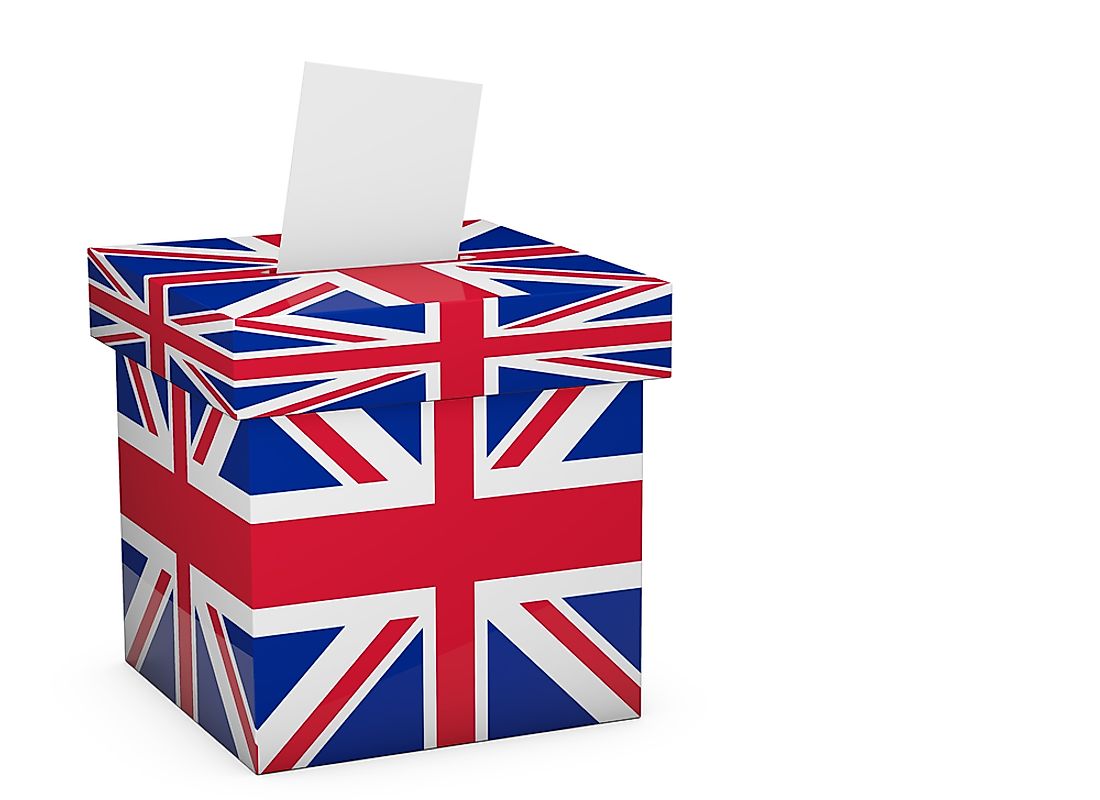How Do UK General Elections Work?

How Do UK General Elections Work?
The UK holds general elections following the dissolution of Parliament after the conclusion of a five-year term. Early elections can be held if a two-thirds majority of the Parliament vote for a general election. After the 2010 general elections, the next election took place in 2015. This year, early elections will be held on June 8th, 2017 meaning that the next general elections will be held in 2022 instead of 2020.
The Electoral Process
There are 650 constituencies in the UK, each of which elects a single member of parliament. An aspiring member of Parliament can either be chosen by a party or contest as an independent candidate. The party with the majority members forms the government, and its leader becomes the prime minister. In the case of no single party having a majority in parliament, then a “hung parliament” if formed. If such a situation occurs, a minority or coalition government is formed.
Parties and Nomination of Candidates
Parliamentary candidates are either representatives of a particular party or independent candidates. A party can only have one candidate per constituency but can choose not to field a candidate in other constituencies. Since 1935, the majority of members have either been members of the Conservative or Labour Party. As of 2017, Theresa May is the leader of the Conservative party taking over from David Cameron in July 2016. The leader of the Labour party is Jeremy Corbyn who succeeded Ed Miliband and acts as the official Leader of the Opposition. Other parties include the Scottish National Party and the UK Independence Party.
Voting Eligibility
The following must be met in order to participate in the general elections.
- One must be a registered voter on the electoral roll.
- One must either be British, Irish, or a citizen of a Commonwealth country who is eligible to vote in the UK
- One must be residing in the UK or a national of the UK living abroad and must have registered as a voter in the last 15 years,
- One must not have been excluded from voting by legal process
Who Cannot Vote?
- Members of the House of Lords
- Anyone who has been charged and found guilty in electoral malpractices within the past five years.
- A person who has been convicted (excluding contempt of court) and serving a sentence except for prisoners who are yet to be convicted, civil prisoners, and those in remands.
- Any other person who is not a British, Irish, or qualifying Commonwealth citizen.
Post Elections
After the elections, the Royal Commission opens the new Parliament with the attendance of members of both houses. A speaker who is elected by the House of Commons commences the swearing in of MPs regardless of whether they are first timers or have been in Parliament before. The wording of the oath must adhere to the Promissory Oaths Act of 1868 while the order of administering the oath are set out in the Oaths Act of 1978. The prime minister forms the government by electing the ministers. The ministers are drawn from the elected MPs and 21 of the ministers are considered as senior ministers and belong to the cabinet.







